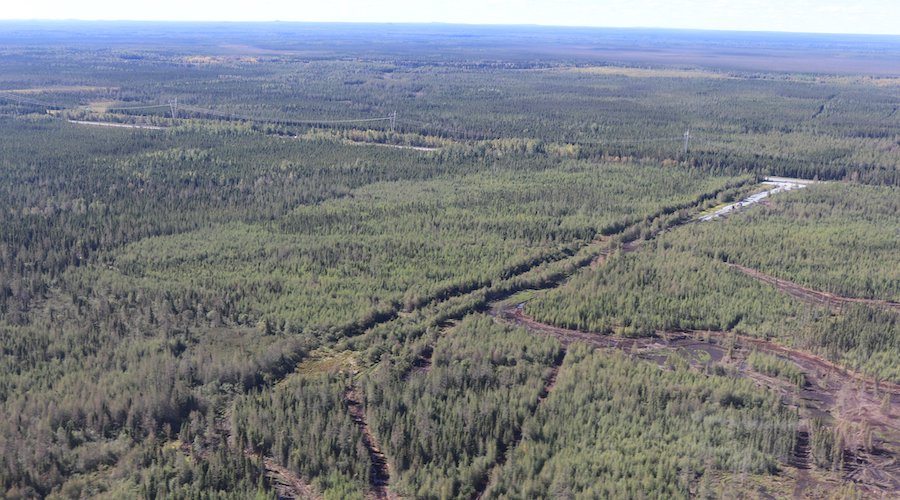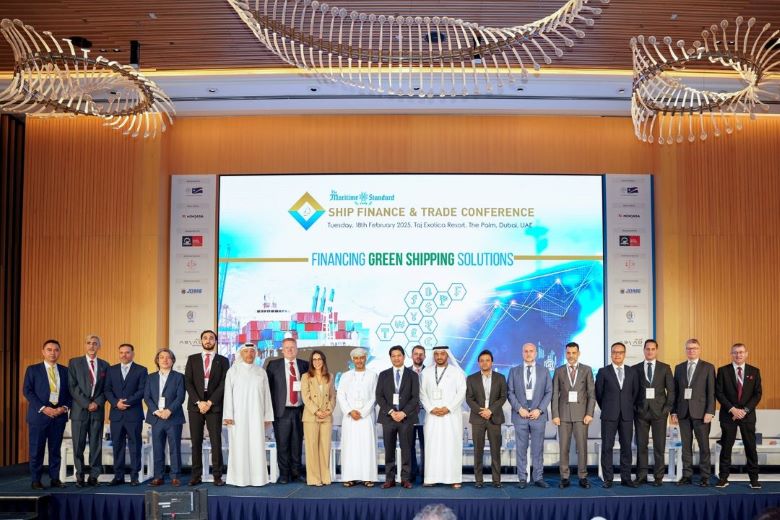Australia’s aluminium industry is poised to play a critical role in the global energy transition, but urgent government action is needed to secure its future, according to new research by the Australian Aluminium Council.
The ‘Economic Contribution of the Vertically Integrated Australian Aluminium Industry’ report highlights the sector’s significant contributions to the Australian economy and its potential for growth.
However, it also identifies vulnerabilities that could jeopardise this potential, particularly in the face of energy transition challenges and supply chain disruptions.
“Australia is one of the very few countries anywhere in the world with a complete mine-to-market aluminium supply chain,” Australian Aluminium Council chief executive officer Marghanita Johnson said.
“It’s a remarkable achievement by generations of Australians, but their legacy is now at risk from disruptions and interruptions caused by the challenges in the energy transition, uncertain environmental approvals, and uneven global competition.”
The report outlines that the industry supports more than 20,700 direct jobs and 55,000 indirect jobs, predominantly in regional areas, with pay rates 60 per cent above the national manufacturing average.
The local aluminium industry also contributes $18 billion to Australia’s economy, with annual export revenues exceeding $15 billion.
But the sector is particularly vulnerable to disruptions. According to the report, the closure of a single bauxite mine in Western Australia could result in the loss of 10,000 indirect jobs and a $2.7 billion reduction in GDP.
The Australian Aluminium Council has called for government action to mitigate these risks, recommending policy changes such as streamlining environmental regulations, supporting decarbonisation efforts, and designating bauxite, alumina, and aluminium as critical minerals.
“Aluminium is vital to Australia’s economy and a critical component of green technologies like solar panels, electric vehicles, and batteries,” Johnson said.
“Maintaining strong manufacturing capabilities needs to be a domestic priority.”
With sensible policy and industry cooperation, the report concludes that Australia could continue to lead the world in sustainable aluminium production and innovation.
Subscribe to Australian Mining and receive the latest news on product announcements, industry developments, commodities and more.




